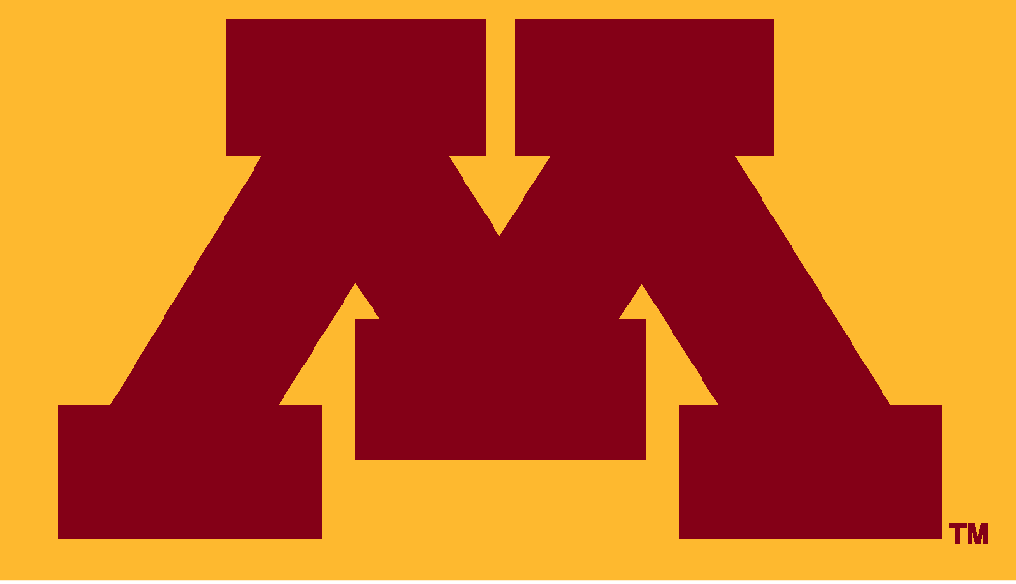Introduction
This course will cover the theory of viscosity solutions for nonlinear first and second order partial differential equations (PDEs). The notion of viscosity solution is based on a comparison principle (or maximum principle), and is the natural notion of weak solution for many fully nonlinear PDEs of first and second order. Applications of viscosity solutions include problems in optimal control, differential games, mathematical finance, curvature motion of curves and surfaces, calculus of variations in Linfinity, among many other problems.
Topics include the comparison principle for viscosity solutions for first and second order PDEs, the method of vanishing viscosity, the Perron method, homogenization, a thorough study of monotone finite difference approximations for viscosity solutions, including convergence rates, and possibly other topics.
Grades will be determined based on a selection of homework problems and a final presentation of a paper from the field. The prerequisites are a graduate course in real analysis and at least one semester of a graduate course in PDEs. Please contact the instructor (jcalder at umn dot edu) if you are interested in the course and do not have the prerequisites.

The animation above is a numerical simulation of the mean curvature motion PDE, which moves a curve in the plane in the direction of its inward normal vector with a speed equal to its curvature. Mean curvature motion arises in physical systems that involve surface tension, such as soap film/bubbles and biological cell membranes, and many other fields of pure and applied mathematics.
For a closed curve in the plane, curvature motion can be studied in the classical setting; that is, the solution exists globally in time and is smooth. For surfaces in 3D and higher dimensions, singularities can develop in the surface, such as topological changes (e.g., the number of connected components can change), and we are unable to interpret solutions classically beyond such singularities. Viscosity solutions offer the correct notion of generalized mean curvature motion, and describe how the surface evolves after formation of singularities. This is one example of a topic we will study in the course.
Course Information
| Instructor | Jeff Calder (Office: 538 Vincent Hall, Email: jcalder at umn dot edu) |
| Lectures | MWF, 2:30pm--3:20pm in 207 Vincent Hall |
| Office Hours | Monday 12pm--1pm, Friday 12:30pm--2:30pm in 538 Vincent hall |
| Lecture Notes | Viscosity Solutions, Jeff Calder |
| Recommended Books/Papers | Bardi, M. and Capuzzo-Dolcetta, I. Optimal Control and Viscosity Solutions of Hamilton-Jacobi-Bellman Equations. Springer, 1997. Crandall, M. Viscosity Solutions : A Primer. Viscosity Solutions and Applications. Springer, Berlin, Heidelberg, 1997. |
| Grades | Your final grade will be based on a selection of homework problems (50%) and a final presentation (50%). |
| Readings | Readings will be assigned on a weekly basis and posted on the schedule page on this website. It is very important to do the readings before attending the associated lecture. The lecture notes will be updated periodically on the schedule page. |
| Homework | There will be bi-weekly homework assignments posted on this website that will be due every other Friday. Collaboration on homework is encouraged. |
| Matlab | At least one homework assignment will involve some numerical computations in Matlab. All computers in Vincent Hall have Matlab, Mathematica, and Maple installed. All Linux lab computers in the college should have the same software. This includes the labs in Vincent Hall 5 (when no class is in session) and 270D. You can also download Matlab on your personal computer with a University license. The software as well as instructions are available here. Before downloading the software, you will need a CSELabs account, which you can get here. There is also a great open source alternative to Matlab called GNU Octave. The software is free and open source, and can be downloaded here. |
| Academic Honesty | The School of Mathematics at the University of Minnesota expects that students in mathematics courses will not engage in cheating or plagiarism. Cheating, plagiarism, and other forms of academic dishonesty will result in a grade of zero on the homework assignment or exam in question, and, in severe cases, a failing grade in the course and a referral to the Office for Student Conduct and Academic Integrity (OSCAI). Students should be familiar with the Student Code of Conduct. |